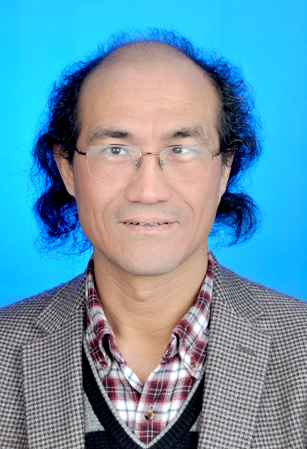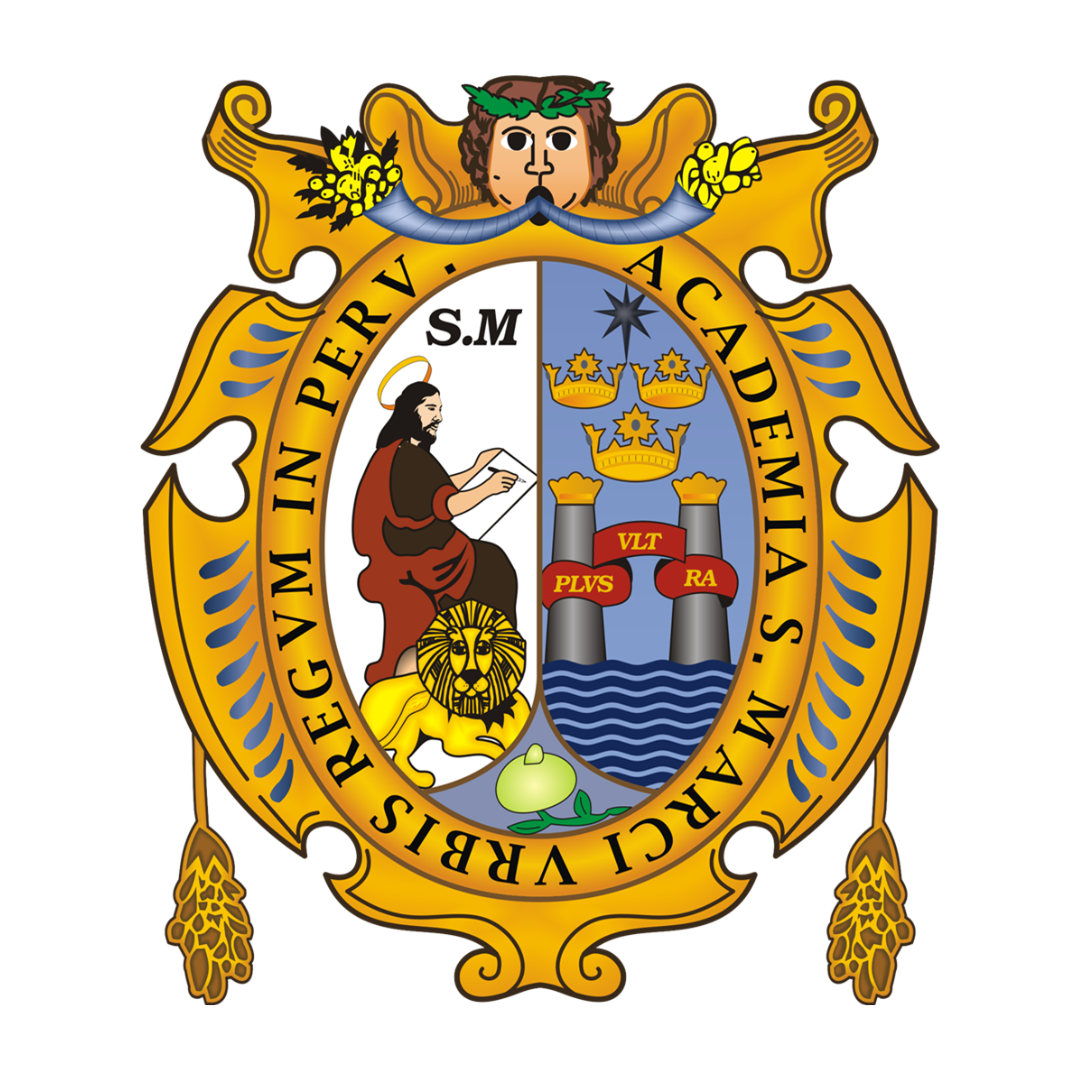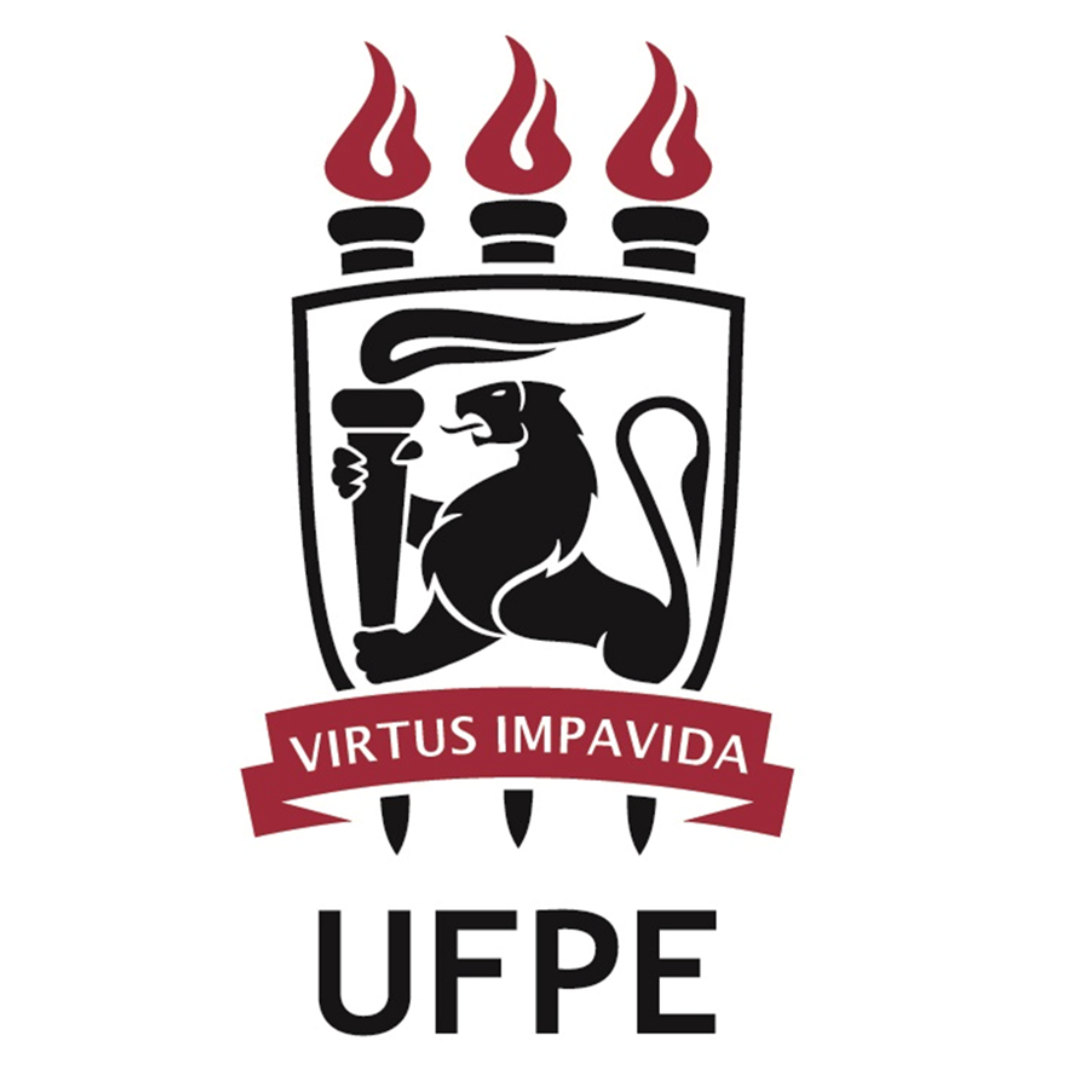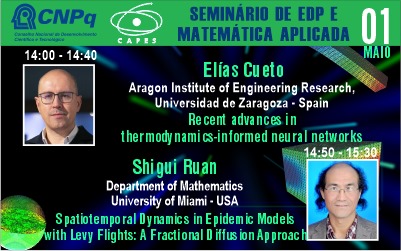Seminar in EDP and Applied Mathematics
May 1, 2024 – 14h (Brazil)
Streaming: Youtube Channel | SEMINARIO DE EDP E MATEMATICA APLICADA
Event

About Seminars
Our Online Seminar is one of the most important events in Brazil, it has been held since August 2020, every Wednesday at 2 pm, Brasília time, with a frequency of 14 days. Two 40-minute lectures are presented in each session. Our speakers are world-renowned mathematicians from Europe, the United States and South America.
Featured Talks & Speakers

Elias Cueto
Aragon Institute of Engineering Research, Universidad de Zaragoza-Spain
14:00h – 14:40h
Recent advances in thermodynamics-informed neural networks

Shigui Ruan
Department of Mathematics University of Miami-USA
14:50h – 15:30h
Spatiotemporal Dynamics in Epidemic Models with Levy Flights: A Fractional Diffusion Approach
Recent field and experimental studies show that mobility patterns for humans exhibit scale-free nonlocal dynamics with heavy-tailed distributions characterized by Levy flights. To study the long-range geographical spread of infectious diseases, in this paper we propose a susceptible-infectious-susceptible epidemic model with Levy flights in which the dispersal of susceptible and infectious individuals follows a heavy-tailed jump distribution. Owing to the fractional diffusion described by a spectral fractional Neumann Laplacian, the nonlocal diffusion model can be used to address the spatiotemporal dynamics driven by the nonlocal dispersal. The primary focuses are on the existence and stability of disease-free and endemic equilibria and the impact of dispersal rate and fractional power on spatial profiles of these equilibria. A variational characterization of the basic reproduction number R0 is obtained and its dependence on the dispersal rate and fractional power is also examined. Then R0 is utilized to investigate the effects of spatial heterogeneity on the transmission dynamics. It is shown that R0 serves as a threshold for determining the existence and nonexistence of an epidemic equilibrium as well as the stabilities of the disease-free and endemic equilibria. In particular, for low-risk regions, both the dispersal rate and fractional power play a critical role and are capable of altering the threshold value. Numerical simulations were performed to illustrate the theoretical results. (Based on G. Zhao & S. Ruan, J. Math Pures Appl. 2023).a. An extension to viscoelastic wave equations with time delay is also discussed.
About Organization
Juan Limaco -UFF-Coordenador
Mauro Rincon – UFRJ – Brazil
Anna Doubova-U.Sevilla-Spain Luz de Teresa-UNAM Mexico Diego Souza – U Sevilla -España Felipe Chaves-UFPB-Brazil Roberto Capistrano – UFPE Brazil
Sandra Malta – LNCC – Brazil
Marcelo Cavalcanti – UEM – Brazil;
Rui Almeida – UBI – Portugal
Roxana Lopez – UNMSM – Peru;
Mauricio Sepulveda – UdeC -Chile;
Our Partners








Access our channel!
A channel for students, professors, researchers and professionals who wish to deepen their knowledge in EDP and applied mathematics.

